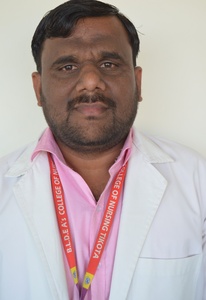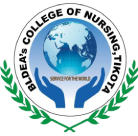Home > Academics > Departments
Department of Nursing Research
The Department of Nursing Research is a vital academic and clinical unit within nursing colleges, universities, and healthcare institutions. Its primary focus is to foster a culture of scientific inquiry, evidence-based practice (EBP), and research utilization to improve patient care and advance the nursing profession.
Vision
To be a center of excellence in nursing research that advances evidence-based practice, improves patient outcomes, and fosters innovation in nursing education, practice, and policy at local, national, and global levels.
Objectives
Encourage the integration of research findings into clinical and educational nursing practices.
Provide training, mentorship, and resources to develop competencies in qualitative, quantitative, and mixed-methods research.
Create an environment that supports curiosity, critical thinking, and innovation in nursing science.
Facilitate and support the design and implementation of ethically sound, scientifically rigorous research studies.
Promote interdisciplinary and inter-institutional research collaborations at national and international levels.
Support publication and presentation of research in peer-reviewed journals and conferences to inform practice and policy.
Conduct research focused on pressing health issues and population health needs, especially in underserved areas.
Uphold the highest ethical standards in all research activities, guided by institutional and national research guidelines.
Provide evidence that informs health and nursing policies to improve health care systems and patient care.
Encourage undergraduate and postgraduate nursing students to participate in research projects and scholarly activities.
Faculty Members
| Sl no | Name of the faculty | Designation | Photo | Profile |
| 1. | Mr. Akash Jadhav | Assistant Professor and HOD |  |
View Profile |

